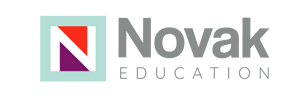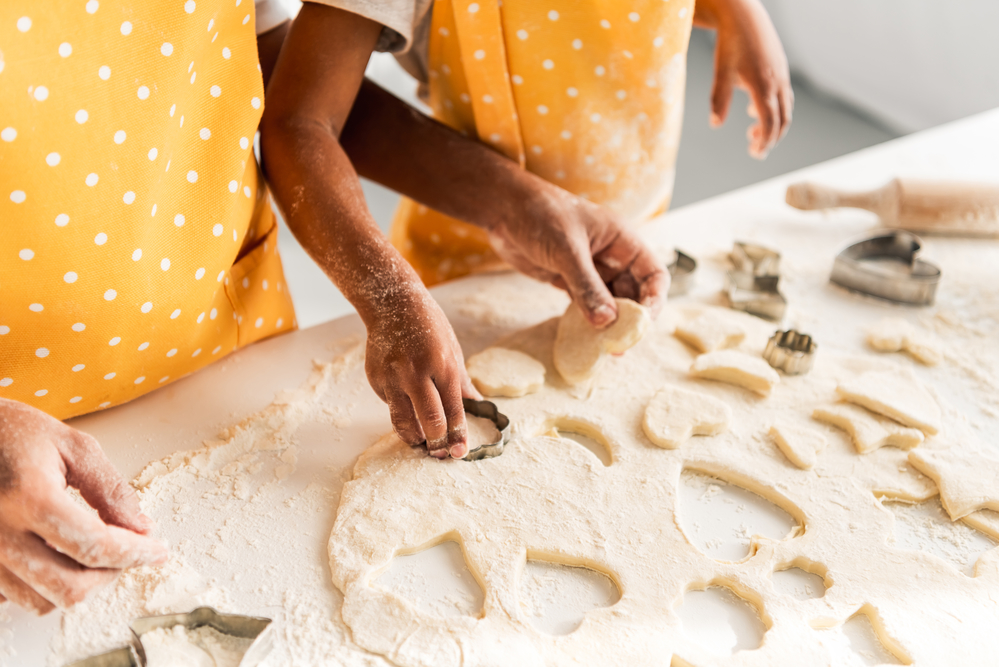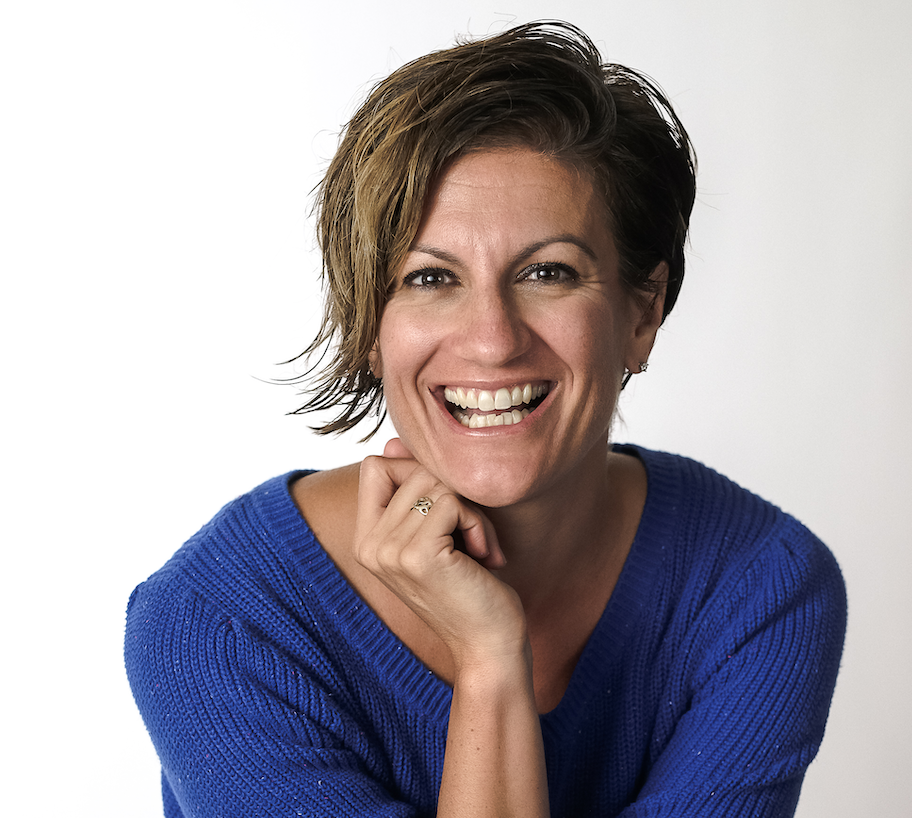One of my best friends, Kate, regularly blesses us with drool-worthy confections worthy of winning fine arts awards. She is the ultimate expert baker. Every cupcake, cookie, and cake is perfection – spongy, crunchy, chewy – and just as it should be in its perfect form.
I, on the other hand, am no expert baker. My cookies are flat, my brownies are dry, and I only make cake from a box. I know why. It’s not worth the effort. I rarely measure with the precision baking requires. I don’t invest in high quality ingredients. I just don’t love sweets that much and early on, I decided cooking was not what got me excited (it may have to do with my family’s lack-luster reactions to the “spaghetti pie” I baked for them in 7th grade!)
Building learner agency is not about teaching our kiddos to be good at everything. It’s about focusing on helping learners understand their individual needs, knowing their strengths and areas for growth, and relying on supports in areas where they aren’t as strong. It’s about doing things the way they need to do them to reach their highest level of success. The goal of UDL is to build learner agency that is:
- Purposeful & reflective
- Resourceful & authentic
- Strategic & action-oriented
If I wanted to become an expert baker, for example, I certainly know I am capable of doing it by leveraging my strengths and understanding where I need more support. For example, I know I am not a natural at pairing ingredients. Recipes would be my first scaffold. I don’t like having gadgets in my kitchen (a real barrier to baking!), but I recognize that investing in the right tools would assist me with mixing, frosting, and decorating. I would need to be more careful in my approach: no ingredient substitutes; sift my flour; level my dry measurements with a knife. I know this because I have made mistakes with baking and learned from those mistakes.
When we teach our kids, we often rely on a one-size-fits-all lesson plan. We teach for the kids who are ready to learn, giving them all “equal” treatment. But the fact is, not all kids are dealt the same set of cards. When we focus on equity, we provide kids with the supports they need to be successful by removing barriers. Some kids may get more support, and others will get less, to put them all on equal ground. Providing students with learner agency allows us to go a step further giving kids a say in the supports and tools they need to focus on their needs and preferences as an individual. It isn’t about just changing the level of support, it’s about changing the kind of support as well.
Listen into Episode 14 of The Education Table to hear strategies for fostering learner agency in your learning environment.
In our book, “Unlearning,” Allison Posey and I share an update on the ol’ baseball equality vs. equity visual to show how learner agency builds upon the original concept of equity by promoting engagement and involvement.
Infographic - An example of the difference between Equality, Equity, and Learner Agency.
- Equality: Not everyone benefits from the same supports
- Equity: We can remove barriers by providing adequate supports based on variability
- Learner Agency: When we focus on individual needs, we not only promote equity, but also engagement and involvement
Continue Your Learning
- Discover how to cultivate learner agency
- Schedule a workshop
- Read the book, Unlearning by Katie Novak and Allison Posey (or download the Book Club Guide to read it alongside your colleagues).




